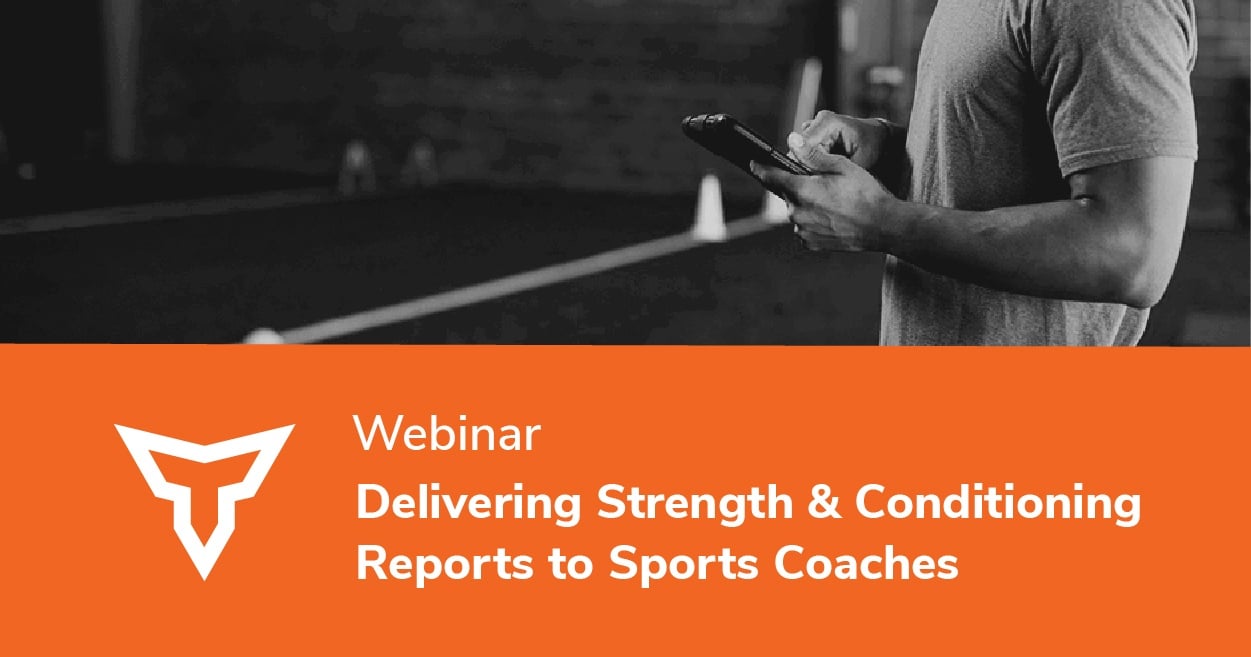5 Mistakes Strength and Conditioning Interns Make
Many university programs require students to participate in some form of internship experience prior to the completion of their degree. Strength and conditioning students that participate in these opportunities can gain significant real-world experience and have the chance to learn from seasoned coaches. But the flip side is a slow start to a career, thereby limiting chances at precious entry level coaching jobs.
Over the years I have received feedback about student performance from numerous intern site supervisors, some good and some not so good. The following are some of the things that site supervisors have reported back to me over the years as I have watched students go through this process. For any student preparing for their internship this internship tips article will give you a few things to consider to make certain you are getting the most out of your time and developing a good relationship with your supervisors.
Mistake 1: Not being aware of, or disregarding, the culture
- Most good strength and conditioning programs strive to set a culture that is professional and conducive to meeting the athletes needs. As an intern, if you do not assimilate to this culture you not only come off as disrespectful but you create discontinuity. Hold yourself to the same (or higher) professional standards that have been set by the staff. Not sure how to evaluate a program's culture? Watch the head strength coach. What time does he/she get into work? What time do they leave? Are they firm with late athletes or do they take another approach? Observing and mimicking the head strength coach will put you in line with their culture.
Mistake 2: Acting like a know it all
- You have done a great job of hitting the books, making good grades and listening to all the S&C podcasts you could find. However, most likely you don’t have a lot of “actual experience” coaching. That’s okay! That is one reason for doing an internship. However, dropping in random comments about the “M-Tor pathway” won’t impress anyone if it is out of context. A lot of times this exposes insecurities (i.e., I don’t know what I am doing, but let me tell you something I do know). Mike Boyle famously states that young coaches know everything while experienced coaches know nothing; it will look silly when you try to expend some knowledge on an experienced coach. Dive into CEO Strength Coach and read the chapter where Mark Asanovich takes two opposite positions on Coach Mac and schools him on both. Knowledge is a component to a much larger picture.

Mistake 3: Asking questions at inappropriate times
- If you have professional questions you should ask them! However, knowing when to ask these questions is important. I recall one time an intern had a question about the effectiveness of a specific technique a coach was teaching in the middle of a training session. Well, it did not come off as inquisitive, it came off like he was challenging the coach in front of his athletes. Subsequently, the intern was asked to leave. Write your questions down and ask them in an appropriate setting. Are you carrying a notebook with you on the floor?
Mistake 4: Not understanding context
- I remember an incident where a student asked a coach (again in front of an athlete) if the coach was “okay with letting the athlete use poor form." What the intern did not realize is 1). This was the athletes 3rd training session, 2). They had made massive improvements in their technique those three sessions, and 3) by asking this question in front of everyone it made the athlete feel demoralized (See mistake 3). Remember, perspective is critical and sometimes “good’ or “bad” is relative!
Mistake 5: Complaining about opportunities
- A lot of times students start an internship thinking they are going to walk in the door and immediately start training athletes. Think about this from a coach’s perspective. They do not know you, they don’ know what you know, and they don’t know if you understand the overall philosophy of their program. Would you be willing to allow someone you don’t know to work with people that have trusted you with their entire athletic career (not to mention their overall health and well-being). You earn trust and opportunities. Rather than be disgruntled about what you are not doing, be proactive! Find ways to make a positive impact at whatever level you can. If you cannot be trusted with the small things, you will never earn the coaches trust to take on more responsibility.
Hopefully these internship tips have given you a few things to consider if you are student currently in or seeking an internship. It is important for young professionals to remember the strength and conditioning field is pretty tight knit, so making a good impression has implications beyond the internship site. It is common practice when you are applying for a job for coaches to call their colleagues and check up on you outside of the reference list you provide. For this reason, it is important for you to make a good impression. Remember, “It is not who you know, but who knows you” when you are job hunting. Treat your internship like a job, and it just might lead to one!

Subscribe to our blog
Subscribe to receive the latest blog posts to your inbox every week.
Related posts

Let's Discuss the Million Dollar Strength Coach Salary

How To Manage Your Money as a Strength Coach (Part 1)
